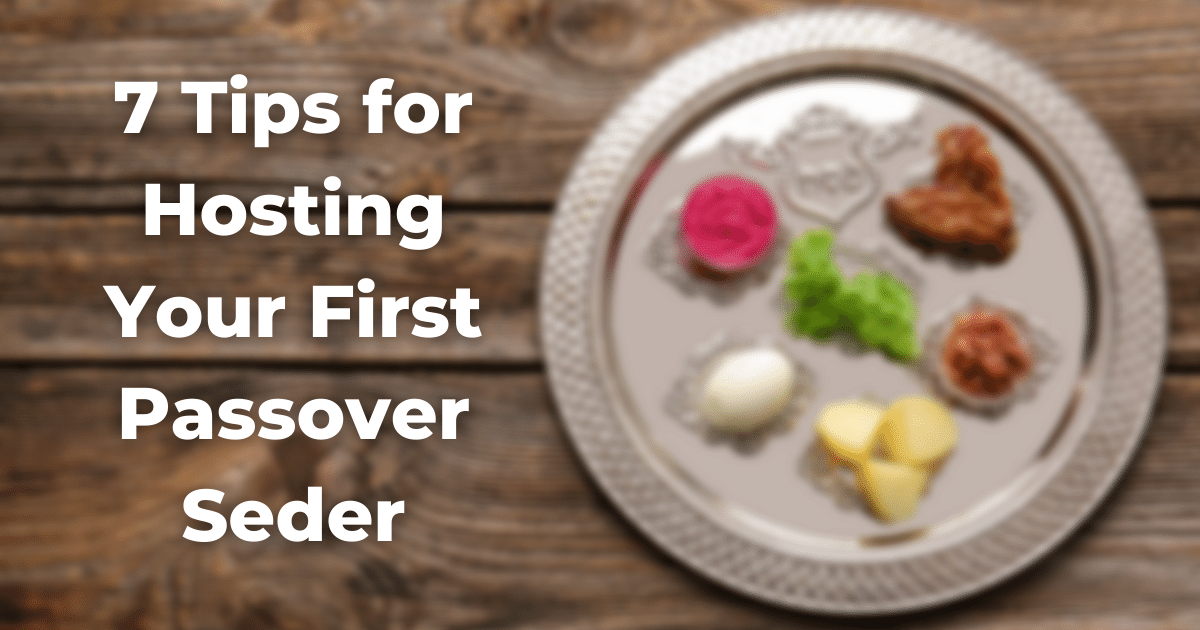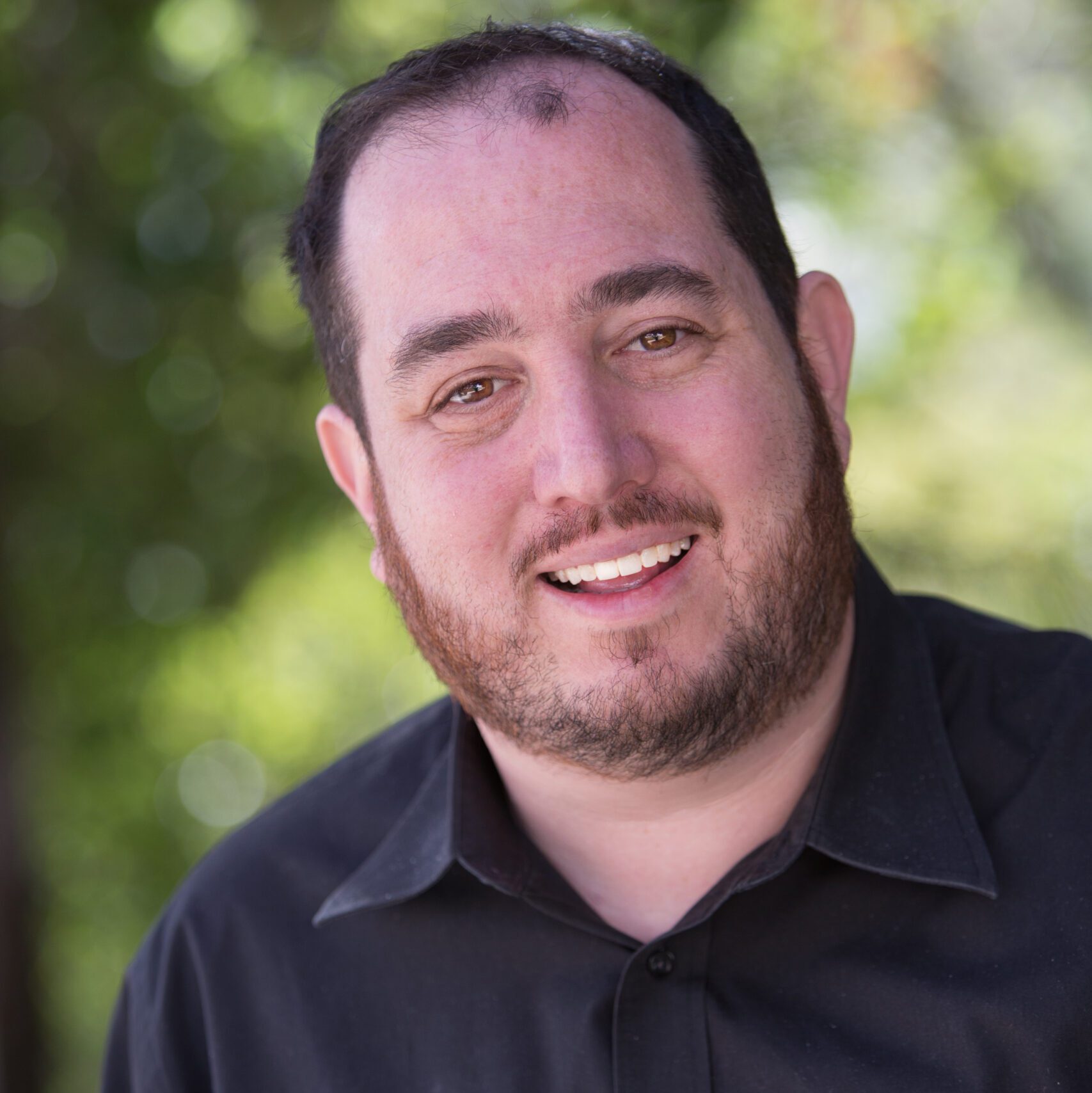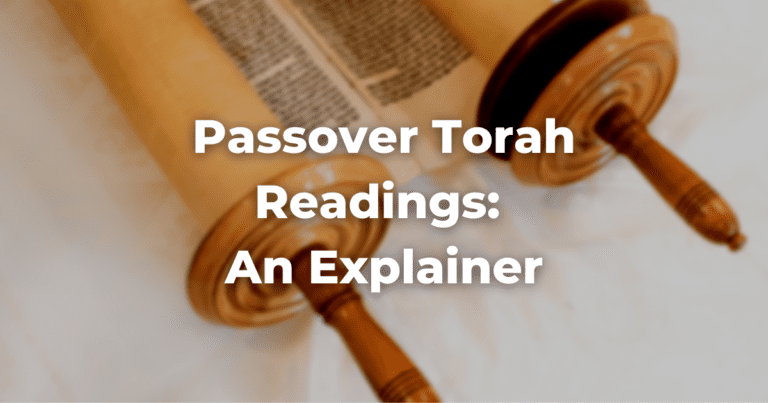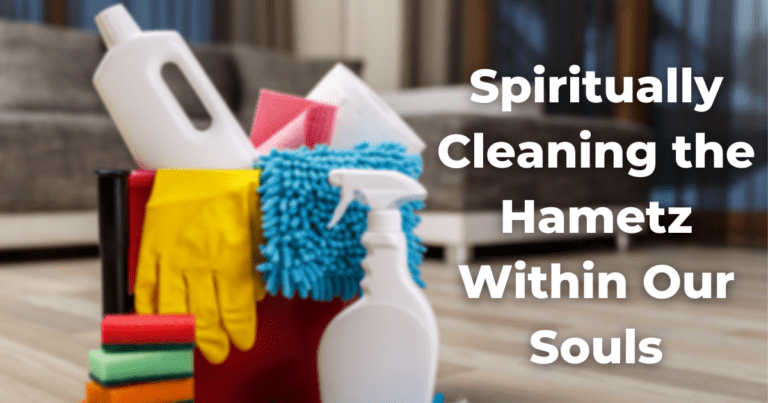Passover is the ultimate DIY holiday.
While many Jewish rituals center around the synagogue and are led by clergy – Passover seders take place almost exclusively in the home and can be conducted by anyone. No experience required. The leader sets the tone for the seder – which can be long or short, serious or playful, primarily for adults or all about the kids.
If this is your first-time hosting a Passover Seder, here are seven tips to make it a memorable and meaningful experience (for you and your guests!)
1. Bring together a great group of people.
Seders are all about the people around the table. Curate a group of family and friends who will be excited to participate and bring their curiosity, questions, and appetite for both food and discussion.
The Seder table is a wonderful place to celebrate diversity – after all, the TorahRefers to the first five books of the Hebrew Bible, the Tanakh, also called the Five Books of Moses, Pentateuch or the Hebrew equivalent, Humash. This is also called the Written Torah. The term may also refer to teachings that expound on Jewish tradition. Read more says that we left Egypt as a “mixed multitude” of many kinds of people.
Share the ritual with non-Jewish friends and family members, who are often the most excited to learn along with you. And, keep it to a number that won’t overwhelm – making a seder for fifty is fantastic, but it’s advanced level stuff. For your first time, keep it to a manageable size so you can focus on the experience, rather than spending your whole time running back and forth to the kitchen.
2. Set a vision for your seder.
Begin by thinking about what you want your guests to feel as they sit around the table.
Is this a lighthearted seder full of parody songs and “plague kits” full of plastic frogs to distribute to each guest? Is this a serious exploration of social justice and the struggle for liberation in the modern age? Is this a spiritual space for reflecting on our “personal Egypt” and thinking about how we can free ourselves from the things that hold us back?
Let your intention for the seder be your guide for all the rest of the choices you make as a leader.
3. Select a Haggadah (or make your own!)
Have no fear, first-time Seder leader, you don’t have to remember what to do all on your own.
The seder comes with a guidebook, the Haggadah, which contains all the instructions and prayers for each ritual and supplemental readings to deepen the discussion. As the leader, one of your most important jobs is to select a Haggadah from the hundreds of available versions.
I recommend Tablet Magazine’s slightly irreverent The Passover Haggadah: An Ancient Story for Modern Times or Noam Zion and David Dishon’s classic A Different Night: Compact Edition as two great beginners options.
Even better, visit Haggadot.com and customize your own Haggadah – they make it fun and straightforward to create something that matches your vision.
4. Plan a menu and give yourself time.
You may be the kind of person who can throw together a dinner party without breaking a sweat. Not on Passover. There are symbolic foods to buy or make. You need enough wine for everyone to have four cups.
And, depending on how kosher you intend to make your kitchen, there’s A LOT of cleaning that needs to be done ahead of time. Start early, plan out precisely what you want to serve, make a comprehensive shopping list, and don’t be afraid to ask guests to help by bringing items to share.
5. Assign homework.
Go beyond just asking your guests to bring bottles of wine or boxes of matzah. Invite them to spend some time preparing for the seder by reflecting on a question, bringing an object, or sharing a story.
At our seder, one year we asked every guest to share a picture of a relative who immigrated and to tell their story at the table. Another year, we asked everyone to bring an item from a time when they felt “lost in the wilderness” and share how they found their way out.
By inviting guests to come ready to contribute, you ensure that a meaningful night is everyone’s responsibility.
6. Mistakes are okay.
For most people, the biggest barrier to leading your own seder is fear that you might make a mistake.
The good thing with the seder is, it’s pretty foolproof! You have your Haggadah right in front of you with all the instructions you need. And, if you do accidentally skip a step or do something out of order or your matzo balls sink like lead cannonballs (that’s actually how I prefer them), it’s all good.
Passover is a holiday that celebrates the fact that getting to the “Promised Land” is a process. The important thing is to keep going!
7. Have a great time.
Yes, the Passover Seder is a sacred religious observance. It’s also a celebration!
Get kosher wine that your guests will actually enjoy drinking four cups of (for the love of HaShem, no manischewitz!) Prepare really, really delicious food. Give great prizes to the person who finds the afikomen. Observe the Persian custom of whacking your neighbor with a green onion during Dayennu (it’s a real thing).
Sit around until late at night after the seder and talk and sing and drink more wine and laugh about the craziness of preparing to lead your first seder. You did it!!
Author
-

Rabbi Adam Greenwald is Senior Rabbi of Congregation B’nai Israel, an inclusive, participatory synagogue community serving Orange County, CA. He previously served as Vice President for Jewish Engagement at American Jewish University, where he founded the Maas Center for Jewish Journeys and for ten years directed the Miller Introduction to Judaism Program. Rabbi Greenwald also served as a Lecturer at the Ziegler School of Rabbinic Studies. Rabbi Greenwald is the author of On One Foot, an introduction to Judaism coursebook and curriculum, in use by more than a hundred communities across North America. His writing has also appeared in the Washington Post, Jerusalem Post, MyJewishLearning, Sh’ma, eJewishPhilanthrophy, and other print and digital publications. He was named by the Forward as one of “America’s Most Inspiring Rabbis” and in 2016, received the Covenant Foundation’s Pomegranate Prize in Jewish Education. Rabbi Greenwald received his BA from UCLA and his MA and Rabbinic Ordination from the Ziegler School of Rabbinic Studies in 2011. He is married to Anne Hromadka, an art curator and consultant, and they are the proud parents of a spirited preschooler, Gracie.
View all posts






